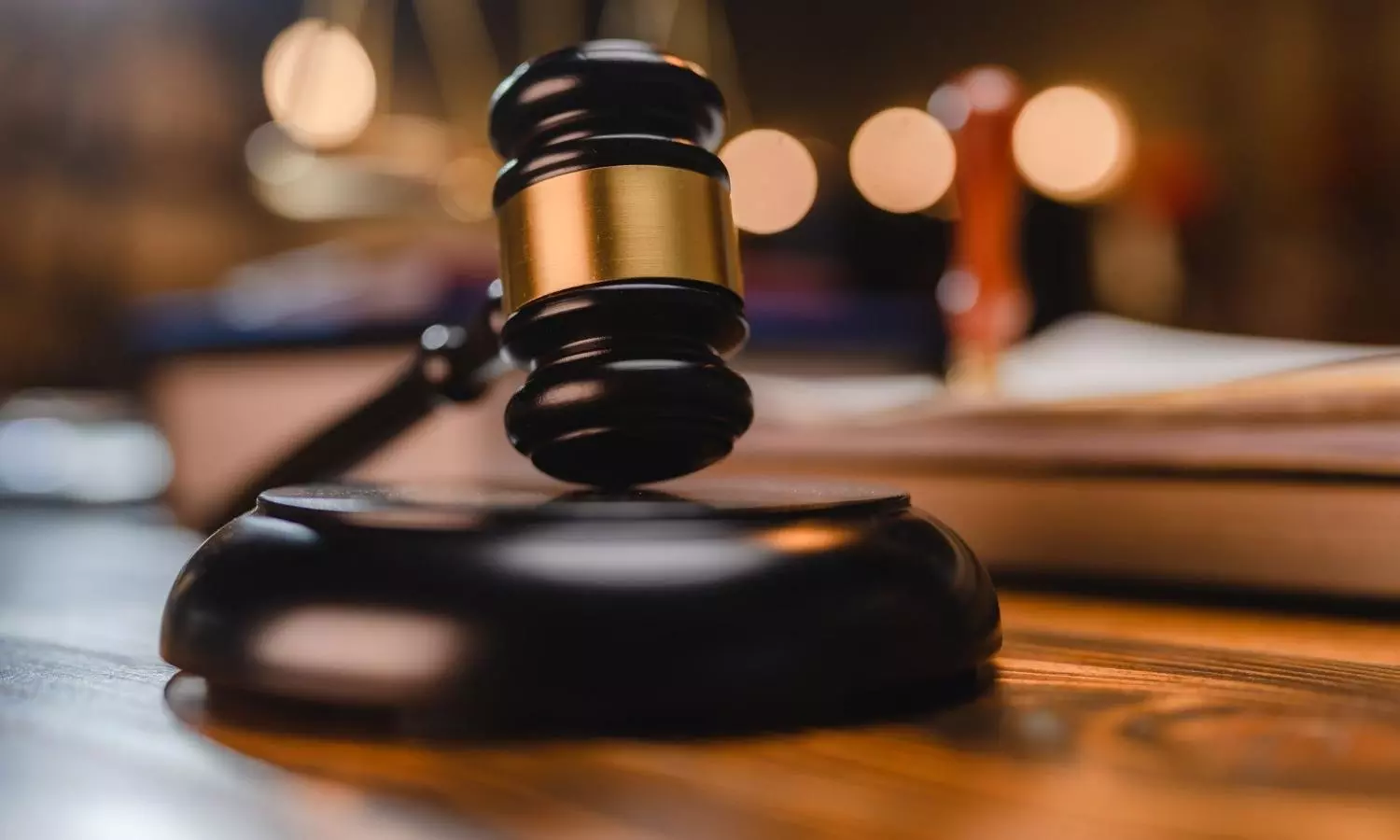
Bengaluru court restrains defamatory content against Dharmasthala secretary
Civil court issues interim injunction protecting D. Harshendra Kumar and his family from defamatory content amid allegations related to burials in the temple town

A Bengaluru civil and sessions court has restrained all media platforms from publishing any defamatory content against D Harshendra Kumar, the secretary of the Shri Kshetra Dharmasthala, and his family.
The interim injunction comes in connection with allegations related to the burial of several bodies in the temple town.
Also Read: Dharmasthala case: Karnataka HM says vital to verify that deaths indeed occurred
Defamation suit
The court's order follows a defamation suit filed by Harshendra Kumar. He alleged a systematic smear campaign was being run against him and the temple on social media, based on a complaint lodged by a sanitation worker.
Hearing the plea, the court issued this crucial order, taking into consideration the potential for irreparable damage to the reputation of both the individual and the institution.
Reputation at risk
As evidence of the targeted online campaign, Harshendra Kumar submitted a massive list of 8,842 links to the court.
This included 4,140 YouTube videos, 3,584 Instagram posts, 932 Facebook posts, and 108 news articles.
In his order, Judge Vijaya Kumar Rai observed, "The reputation of every citizen is paramount. Even a single false publication can have a serious impact on the educational institutions, employees, and students associated with the temple."
Also Read: SIT to probe Dharmasthala 'mass burials', crimes against women; all about the case
Not named in FIR
Harshendra Kumar had also informed the court that there were no allegations against him in the current First Information Report (FIR).
He also said that he had already been acquitted in a similar case dating back to 2012.
Considering these arguments, the court has also passed a mandatory order for the immediate removal of all defamatory content that has already been published.
(This article was originally published in The Federal Karnataka)

